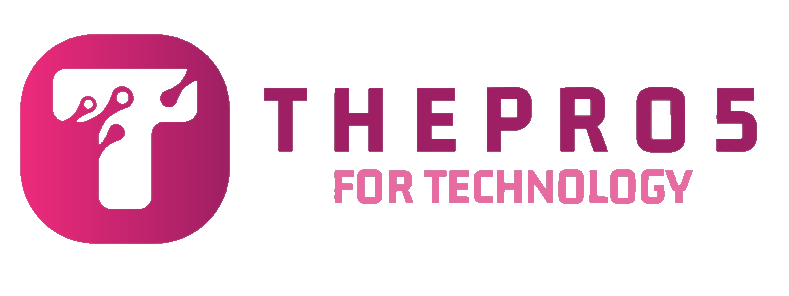 |
| Robotic Process Automation (RPA) |
Robotic Process Automation (RPA) uses multiple software and applications to automate business processes such as data collection, analysis, customer service, and other repetitive tasks previously managed manually.
Similar to AI and Machine Learning, RPA is a rapidly advancing technology that automates various jobs across different industries. According to McKinsey, while fewer than 5% of jobs today can be entirely automated, nearly 60% can be automated at least partially.
RPA offers several career options and trajectories, such as RPA programmer, project manager, business analyst, or consultant. It also opens doors to high-paying jobs with a moderate learning curve in leading organizations. Choosing RPA as a career path can be highly beneficial.
Here are some popular job options in RPA and their respective salary ranges, based on data collected from various authentic sources:
- RPA Tester: The salary range for an RPA Tester is $60,000 to $85,000 per year.
- RPA Support Engineer: An RPA Support Engineer can earn between $70,000 and $90,000 per year.
- RPA Trainer: The salary range for an RPA Trainer is $75,000 to $110,000 per year.
- RPA Consultant: An RPA Consultant can earn between $80,000 and $120,000 per year.
- RPA Business Analyst: The salary range for an RPA Business Analyst is $85,000 to $120,000 per year.
- RPA Developer: An RPA Developer can expect to earn around $90,000 to $130,000 per year.
- RPA Solution Designer: The salary range for an RPA Solution Designer is $100,000 to $150,000 per year.
- RPA Project Manager: A RPA Project Manager can earn between $110,000 and $150,000 per year.
- RPA Architect: The salary range for an RPA Architect is $120,000 to $180,000 per year.
- RPA Operations Manager: An RPA Operations Manager can expect to earn around $130,000 to $200,000 per year.
Please note that these salary ranges can vary based on factors such as location, years of experience, industry, and company size.
Robotic Process Automation (RPA) is a technology that uses software and applications to automate various business processes, such as data collection, analysis, customer service, and repetitive tasks that were previously performed manually.
.png) |
| Robotic Process Automation (RPA) |
RPA is an emerging technology that is rapidly advancing and has the potential to automate a significant number of jobs across different industries. McKinsey analysis suggests that while less than 5% of jobs today can be entirely automated, nearly 60% of jobs can be automated at least partially.
Here are some specific topics and phrases related to RPA:
- RPA in auditing
- RPA advantages and disadvantages
- RPA analyst
- RPA business analyst
- RPA consultant
- RPA developer
- RPA software
- RPA architecture
- RPA implementation
- RPA benefits
- RPA certification
- RPA companies
- RPA project manager
- RPA in banking
- RPA in healthcare
- RPA salary
- RPA examples
- RPA tools
- RPA vs. intelligent automation
- RPA in finance
Please note that the list above includes various topics and phrases related to RPA, and each topic can have its own specific details and discussions.
recent technology developments
8 ways technology is changing business
top 9 new technology trends for 2021
display technology trends
9 technology


